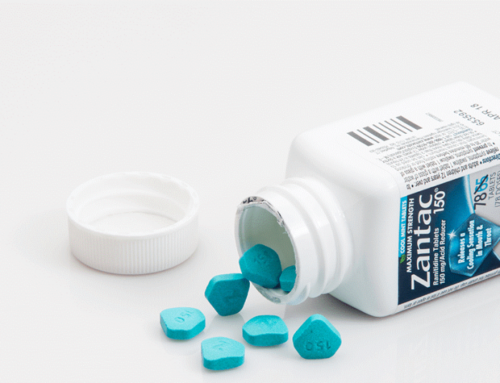On June 13, Judge Jane J. Boyle of the U.S. District Court for the Northern District of Texas allowed the plaintiff, Carl Lucas Jr., to amend his complaint against drug maker Abbott Laboratories, which accused Abbott of inducing a doctor to prescribe Humira for use not approved by the U.S. Food and Drug Administration (FDA), accusing Humira of off-label promotion.
Carl Lucas Jr. was prescribed Humira by Dr. Martin A. Menter of TDA to treat his chronic skin condition, hidradenitis suppurativa.
Later, Lucas sued Abbott and Menter, as well as Menter’s associate, Dr. Dustin B. Thrash, in Texas state court, alleging that Menter prescribed Humira for an indication not approved by the FDA. Lucas’ claim is that Abbott’s promotion of this off-label use violates Texas law.
Judge Boyle refused to dismiss the lawsuit, but denied Lucas’ request to add a non-diverse healthcare defendant, finding that the request was clearly made to defeat diversity jurisdiction.
Lucas requested to join Texas Dermatology Associates (TDA) as a defendant; however, Judge Boyle found that this request was only made after the healthcare defendants were dismissed and the case was removed from federal court. She added, “plaintiff fails to offer any explanation as to why TDA was not joined from the beginning or demonstrate any efforts before the present motion to join TDA in this action.”
Under the Federal Rules of Civil Procedure, in order to bring a suit in federal court, there must either be a federal question, where the judge is deciding an issue based on the constitution, a federal law, or treaty, where the United States is a party, or there must be complete diversity in jurisdiction, which simply means that neither the plaintiff or defendant(s) can be from the same state. The reason for this is to avoid any possible inference that the judge and ruling is biased.
In this case, the judge is arguing that the only reason Lucas is looking to add TDA as a defendant is because once the other defendant was removed, there was no longer diversity jurisdiction, and if Lucas wanted to join TDA for any other reason, he would have done it before the trial began.
According to the court, Lucas’ original attorneys failed to file an expert report which detailed all the allegations against every defendant, and because of this, the healthcare defendants moved to dismiss the claims against them with prejudice. In return, Lucas moved for nonsuit with prejudice as to the healthcare defendants, which the state court granted.
These actions triggered the only remaining defendant, Abbott, removing the case to federal court based on non-diversity and moved to dismiss the lawsuit.
Under Texas law, there is a rebuttable presumption of non-liability in pharmaceutical actions if the warnings accompanying the drug were FDA-approved. Judge Boyle noted that in order to establish one of the exceptions in Section 82.007(b), the plaintiff must allege sufficient facts.
Those exceptions are, “the defendant recommended, promoted, or advertised the pharmaceutical product for an indication not approved by the FDA; the product was used as recommended, promoted, or advertised and the claimant’s injury was causally related to the recommended, promoted, or advertised use of the product; the defendant prescribed the product for an indication not approved by the FDA; the product was used as prescribed; and the claimant’s injury was causally related to the prescribed use of the product.”
Lucas’ proposed amended complaint alleges that Humira was never approved for the treatment of HS, that Abbott strategically promoted off-label uses of Humira through “so called” clinical trials, that Abbott retained Menter as a chief investigator for such trials and paid him to recommend, enroll, and maintain patient participation in clinical trials for Humira.
Abbott argued that the alleged activities of sponsoring clinical trials with Humira were to study indications which had FDA investigational approval for HS. In addition, Abbott argues that these sponsoring studies were not “promotion” of Humira for an indication not approved by the FDA.
However, Judge Boyle concluded that the allegations in Lucas’ proposed amended complaint “plausibly allege the first element of the statutory exception in Section 82.007(b)(3)(A).”
Judge Boyle added, “taking Plaintiff’s allegations as true, the Court determines that Plaintiff have pleaded sufficient factual content to allow the court to ‘draw the reasonable inference’ that Abbott’s off-label promotion caused Dr. Menter to prescribe Humira to Lucas. Plaintiff has adequately pleaded an exception to the presumption of non-liability contained in Section 82.007.”
Because Lucas was able to meet the burden of sufficiently alleging facts to establish one of the exceptions in Section 82.007, there is a material question of fact which needs to be ruled on in court, and therefore, the judge cannot grant Abbott’s motion to dismiss this case, and this lawsuit may proceed.
Feel free to comment on this blog post. For more information, contact a Gacovino Lake attorney at1-800-246-HURT (4878).






Leave A Comment